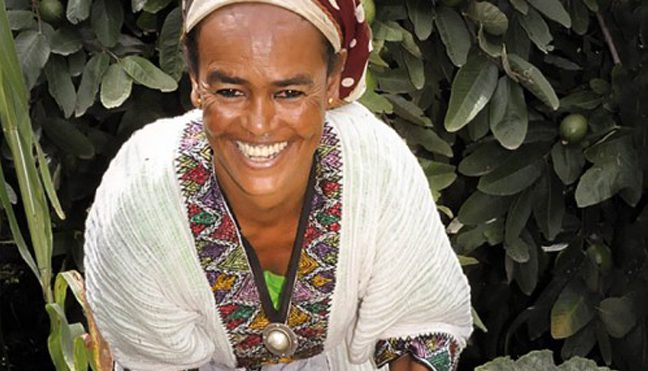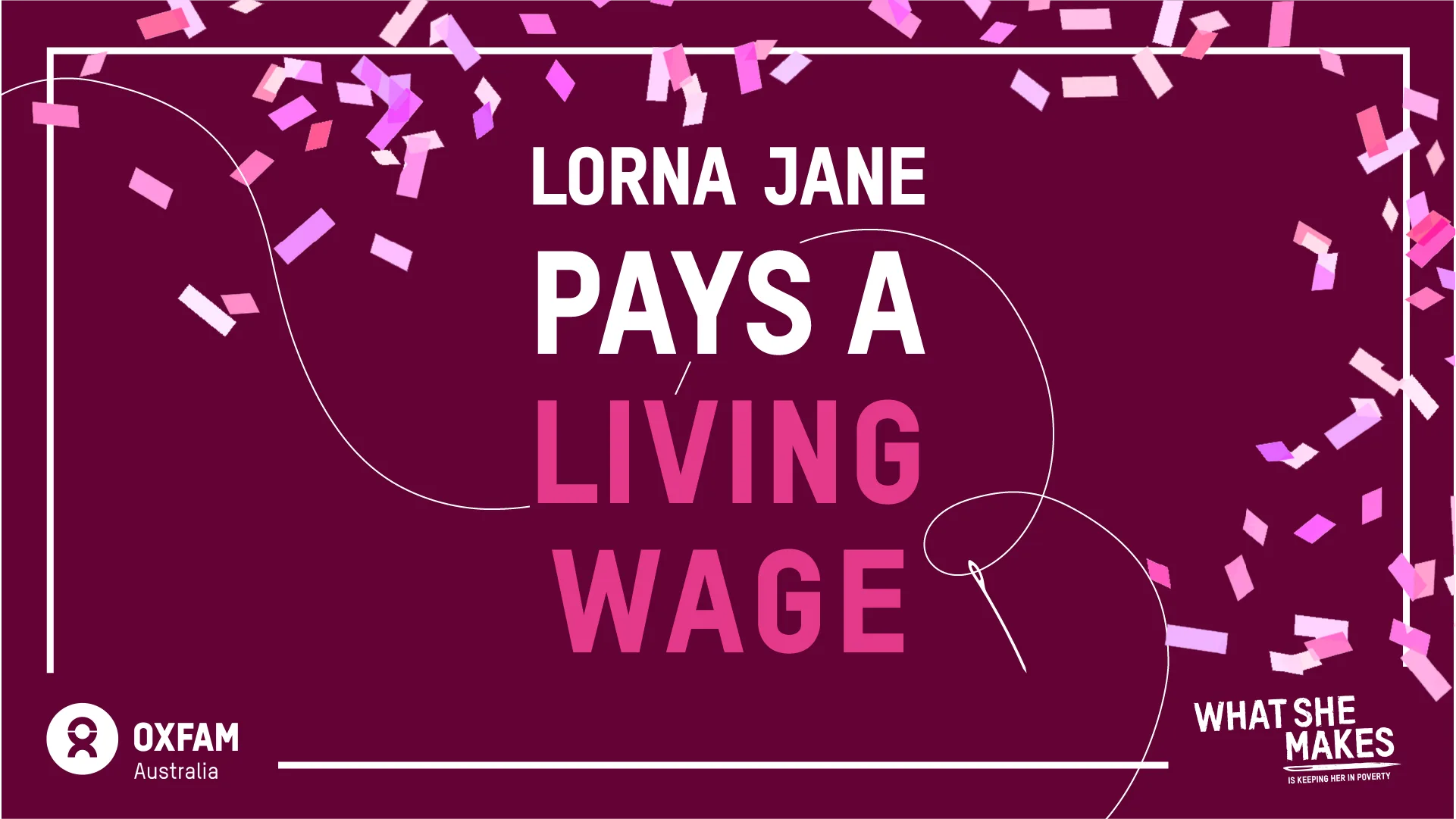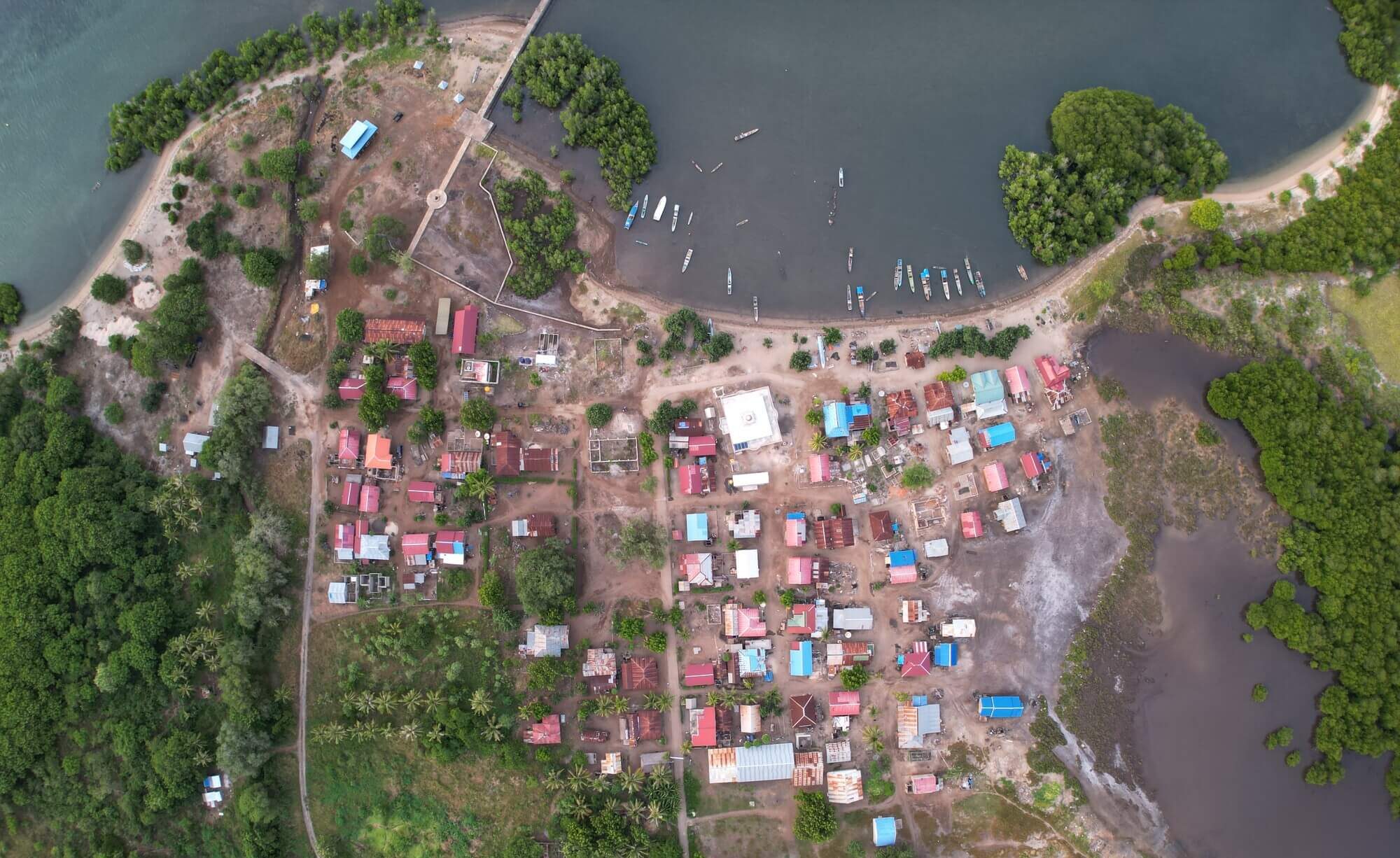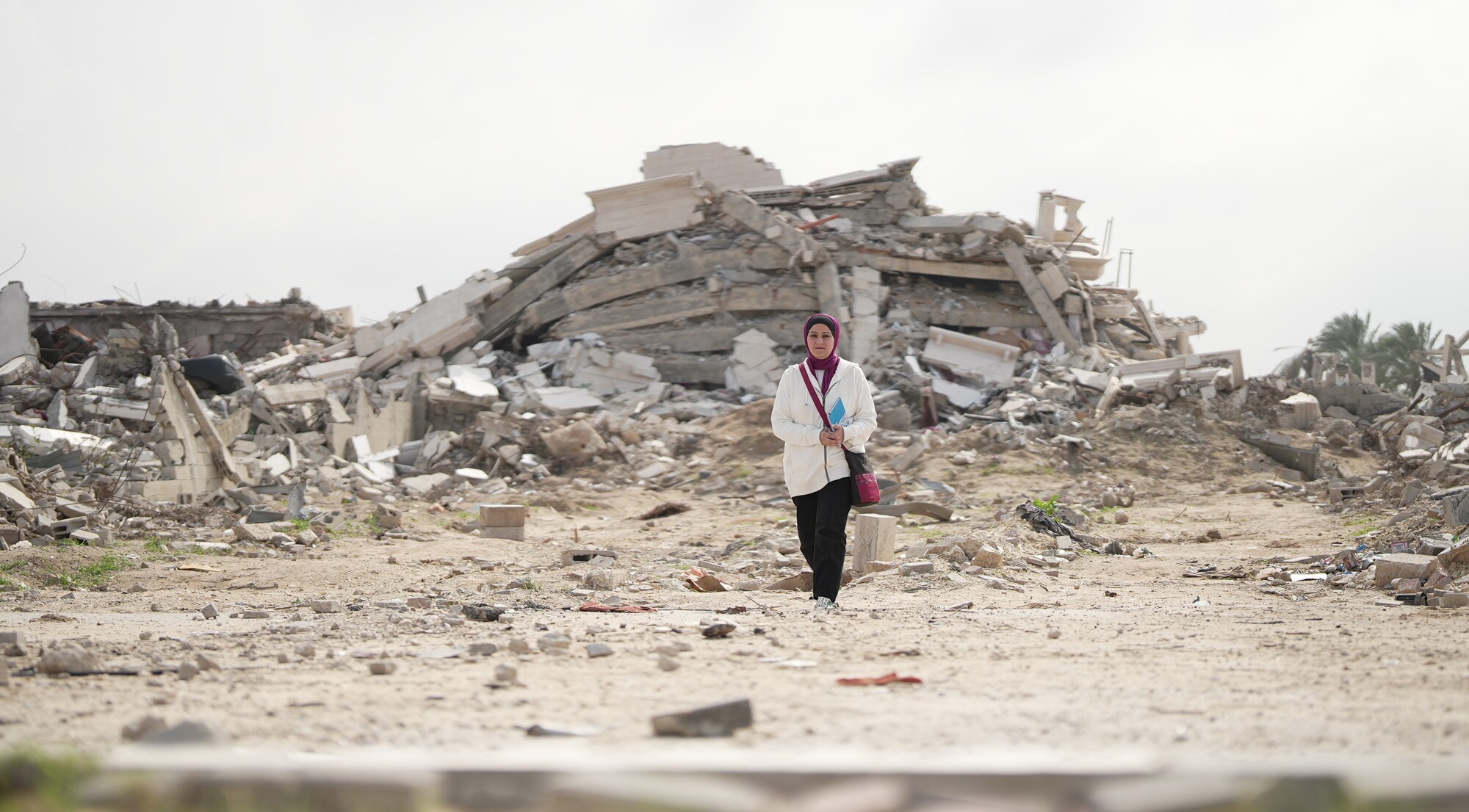Birtukan Dagnachew Tegegn believes in making a contribution to the world — through farming. “When you collect the harvest … it makes you feel like you are witnessing the wonders of nature,” she said. “[You are] taking care of the most valuable thing, which is the food we all eat.”
But making a living this way hasn’t been easy for Birtukan. She comes from rural Ethiopia, where many farmers are battling effects of climate change and challenged by a lack of resources and agricultural training.
In an interview with Oxfam, Birtukan explained that she had been struggling as a small holder farmer all her life, but after losing her husband in 2000, her family’s situation became precarious. Keeping her farm seemed impossible.
“Farming is very hard work,” Birkutan says “I do not think there is a right word to express the excessive physical labor small holder farmers invest on their land.”
But what Birtukan lacked in physical strength she made up with smarts. She convinced her neighbors to help plough her plot, and she sought out agricultural training to learn what crops to plant in her drought-prone region. Her training and education empowered her to make bold decisions — such as planting fruit and coffee trees, unheard of in her area — and gave her the motivation to work tirelessly every day to make her farm productive.
“The outcome was beyond my expectation,” said Birtukan. “I started selling these fruits, and for the first time in my life, I had some savings.” With this income, she was able to not only feed her children but pay for their education.
In 2013, Birtukan won national recognition as a Female Food Hero, an award that recognizes the women who often make up the majority of food producers but have the least access to land, credit, and education.
The significance of investing in food heroes like Birtukan reaches far beyond Ethiopia. Family farmers manage over 500 million farms around the world, and provide up to 80 percent of the food supply in Asia and sub-Saharan Africa. So when governments invest in these farmers’ skills and productivity, they are ensuring the food security of millions.
This week, Birtukan will speak to leaders at the World Food Prize in Iowa, USA, and in Washington, DC, bringing that message about the importance of investing in family farmers.
“If people knew what it takes to bring their food on their table,” said Birtukan, “I think they would start appreciating smallholder farmers more.”
Stand with family farmers on World Food Day. Share this graphic.
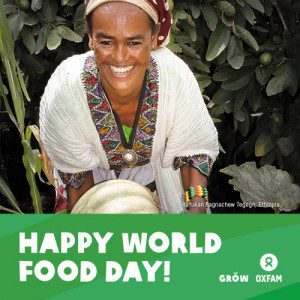
You can also join the more than 500 community groups, workplaces, schools and Oxfam supporters in Australia sharing a lunch or dinner this October by registering for Eat Local Feed Global. You’ll be raising money and taking action so that farmers can grow food in the face of changing climates.
With reporting from Ethiopia by Seble Teweldebirhan
